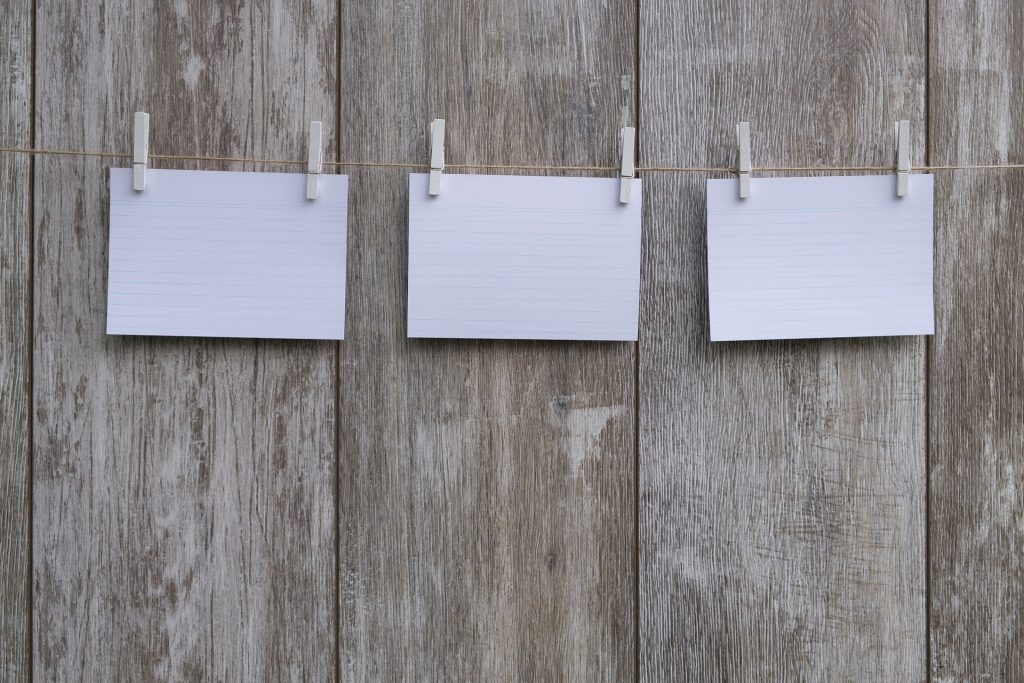When Roz and I had Supporting Open Access at Kent—New Staff Roles published, we wrote a blog post about our experience (Tasting our own medicine – Roz & Sarah’s experience of doing scholarly communication, rather than enabling it).
Armed with this knowledge, the process of writing, reviewing and editing “The role of the institution in scholarly publishing” has been much smoother. Coming in after a lovely new year break, it was exciting to see emails from ORCiD and GoogleScholar asking me to confirm that this was my work. In a very relaxed, post holiday mood I started (somewhat chaotically) to open various tabs in my browser, thinking…. “If only there was a check list of things to do now?”.
So – I made one. Feel free to add your thoughts in comments, I am sure there are many things I’ve missed or that relate to particular fields or publications.
- Add it to the repository – either directly or through REF assisted deposit (This is an internal link only – external users see here).
- Add it to your ORCiD profile – depending on how you have set this up, this can happen automatically.
- Add it to Kudos and complete the publication page. This is a bit of a nested ‘To do’ – adding a publication to Kudos takes you through steps such as adding a plain language summary, a statement on why the article is important and an author perspective. It then leads you on to sharing the research through generating a specific links to share however you want – with collaborators via email, on a blog post or your aunt in Singapore via whatsapp. Selecting the ‘Link’ option gives a drop down menu that may prompt some thoughts on how to share the work. It also automatically links in with twitter, facebook and LinkedIn (If you want it to). It is, of course, possible to do all of this separately – doing it through Kudos shows where the interest is coming from, and which dissemination methods are most effective. It also creates a legitimate way to share the research through other academic networking sites such as ResearchGate and Academia.edu
- Confirm the publication as yours on any sites you have a profile on (e.g. GoogleScholar).
Happy sharing!

